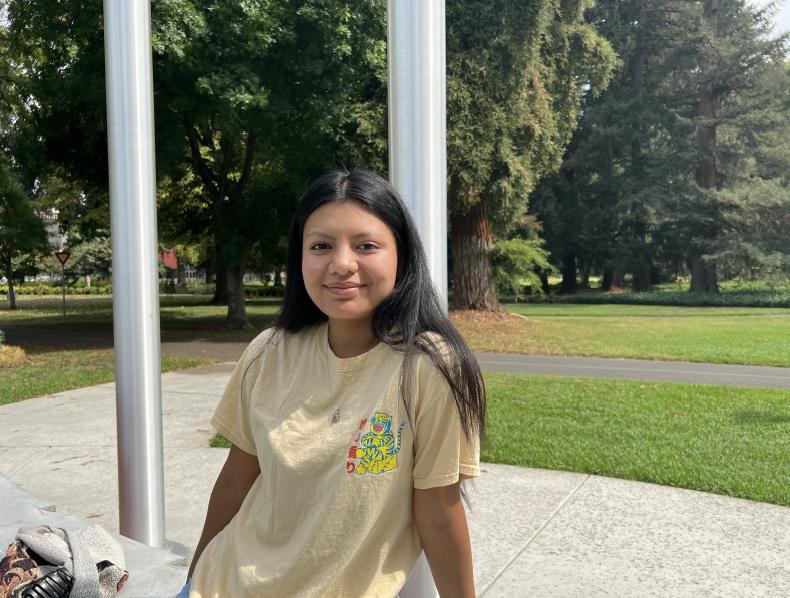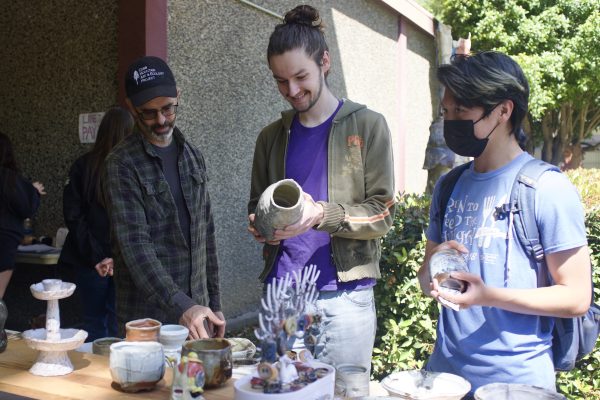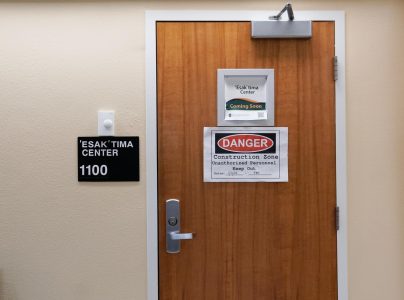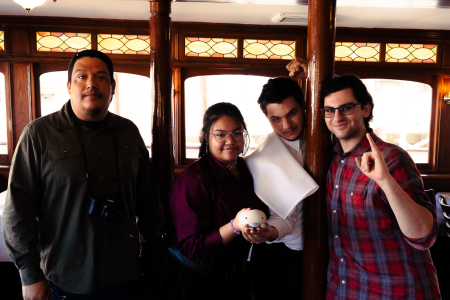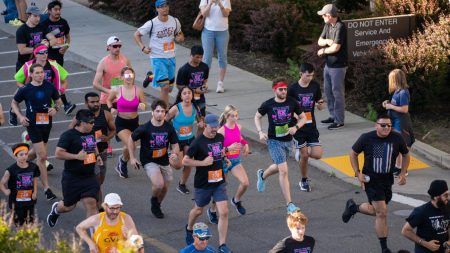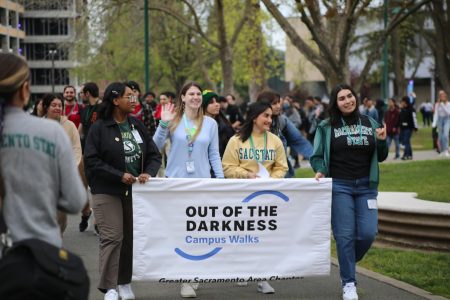‘I can’t share how I feel’: overcoming mental health
Hispanic and Latinx students navigate through cultural shame surrounding therapy
Sac State second-year chemistry major Luz Ramirez poses across from the on campus bicycle compounds near Sacramento Hall on Monday, Sept.12, 2022. Ramirez said she struggles to have her difficulties as a student validated by her family.
October 3, 2022
Fernanda Garcia is a criminal justice and sociology major at Sacramento State who has faced several mental health challenges while growing up in a Hispanic household.
Prior to attending Sac State, Garcia attended Sonoma State University, a predominantly white school.
“I really went through it because I didn’t feel like I fit in,” Garcia said.
When she would mention to her mom that she hated Sonoma State and how she was feeling depressed and unsure, her mother’s response was “suck it up and get through it,” Garcia said.
According to Garcia, going to therapy felt shameful. She described that despite the negative way in which therapy was perceived in her family, she was going to pursue it.
“I remember there was two days that I went to the counseling center,” Garcia said. “I literally stood in front of the door and then I just walked away.”
Garcia remembers telling herself she’ll figure it out after walking away from the doors of the counseling center, but then came to the realization she could not address the issue alone.
For many Hispanic and Latinx students, the ideology that mental health should not be prioritized is instilled from a young age. According to the National Alliance on Mental Illness (NAMI), because of this stigma, many Latino households grow up hearing that only “crazy people” receive professional help for mental health issues.
In 2020, the Centers for Disease Control and Prevention (CDC) reported suicide was the seventh leading cause of death among the Hispanic community.
Garcia said she took action and reached for help. She said the instance that brought her to reach out for help was during one of her Danza Azteca group sessions. At the sessions,women and other members discuss struggles and talk through issues in a safe space.
For students of migrant parents, there is added pressure to perform academically due to parents going through significant life obstacles their children did not have to endure, Garcia said.
“A lot of our parents have came from Mexico 一 traveled so far,” Victoria Vazquez, a second year kinesiology major at Sac State, said.

Vazquez said migrant parents have a stereotypical mindset where one must not be upset or sad when struggling. To migrant parents, their children have so much more than they had growing up, therefore their struggle is incomparable, Vazquez said.
Vazquez said she confides in her friends as a way to cope with mental health obstacles.
“They are basically my therapists because they can basically relate to the things that I’m going through and help me,” Vazquez said.
Luz Ramirez, a second-year student majoring in Chemistry, says her grandma jokes about going to therapy. As a result of her family’s opinions on counseling, she found herself bottling up her feelings.
“My parents always have said, ‘You don’t have that struggle that I had or I’m dealing with right now,’“ Ramirez said. “So because they told me I couldn’t feel that way, it’s hard for me to express the way that I feel.”
According to Ramirez, her parents do not see school as something that can severely affect one’s mental well being and the comparison of situations is inevitable.
Ramirez said people in her life tell her not to bottle up her feelings, but it is something difficult for her to overcome.
“I try to change it, but it’s hard because I’m just in that mindset of ‘I can’t share how I feel’ because there’s always something else to it,” Ramirez said.
If you or anyone you know is in crisis contact the National Alliance of Mental Health Helpline at (800)-950-6264 or text “HelpLine” to 62640.
Call the Suicide and Crisis Lifeline at 1-800-273-TALK or 988For counseling services at Sac State contact the Student Health and Counseling Service at (916)-278-6461.


























































































































